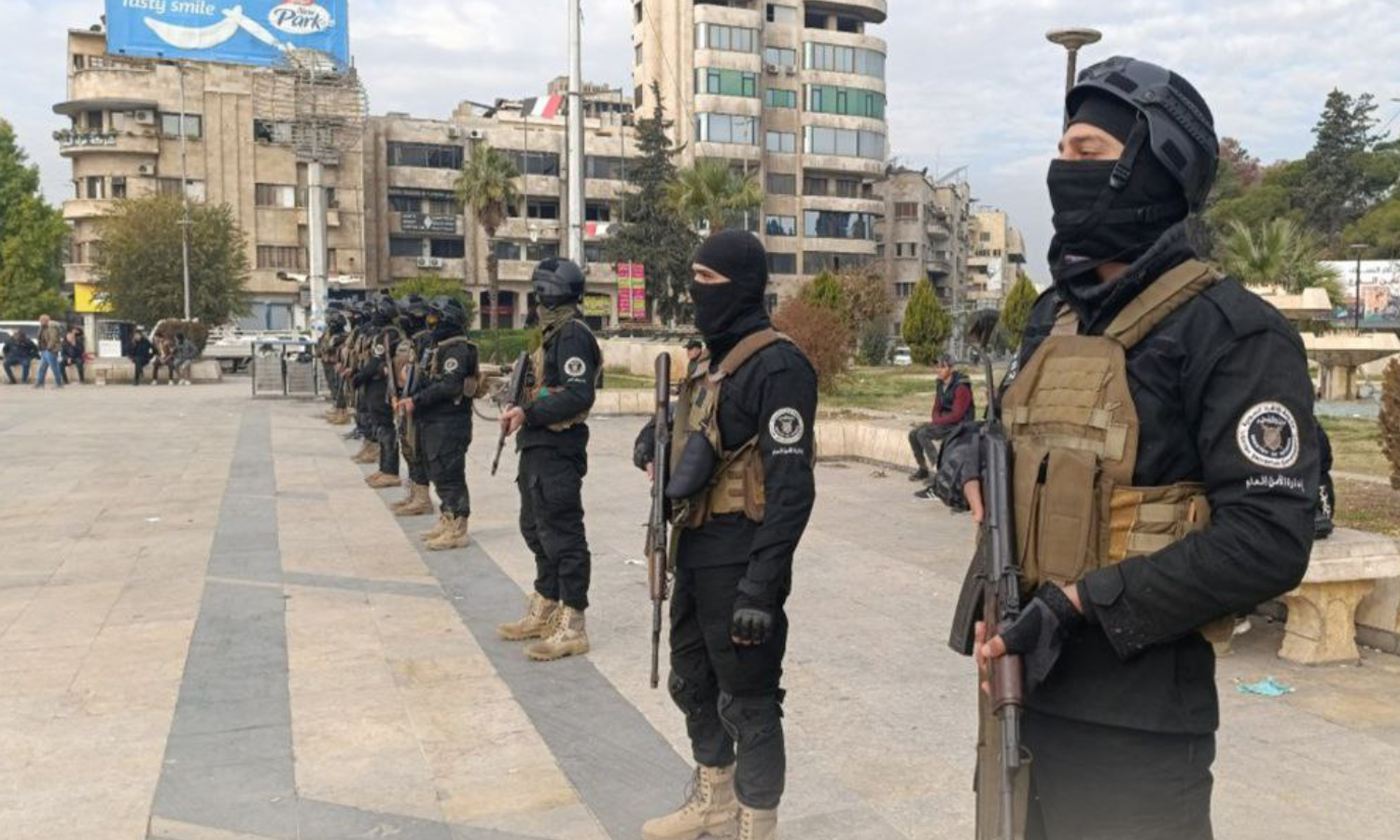The Ministry of Interior in Syria’s caretaker government has announced plans to reform the country’s security establishment following the fall of Bashar al-Assad’s regime.
Speaking to Arab TV on Monday, December 16, Interior Minister Mohammad Abdulrahman stated that lessons learned from their previous administration in Idlib enabled officials to devise comprehensive plans to activate governance across other cities.
Comprehensive Security Reform
The government has prepared a detailed plan to reform the security establishment, including dissolving former security branches and rehabilitating all buildings associated with thesecurity sector, Abdulrahman explained.
Currently, the Ministry of Interior is training new cadres who will undergo specialized programs before assuming their duties. These measures, according to Abdulrahman, are part of “a complete plan to ensure a safe society.”
The minister also emphasized the reinstatement of defectors from the former regime, who will play a pivotal role in securing and protecting all segments of Syrian society.
Abdulrahman accused former regime officers of burning buildings belonging to the Ministry of Interior to destroy evidence of their crimes before fleeing. He vowed to bring “all those whose hands are stained with the blood of the people” to justice.
Accountability for Crimes
Ahmed al-Sharaa, also known as Abu Mohammed al-Joulani, commander of the Military Operations Directorate, affirmed that the directorate will not hesitate to prosecute criminals, murderers, and security and military officers involved in torturing the Syrian people.
The directorate is set to release a “No. 1” list, naming high-ranking officials implicated in crimes of torture. Rewards will be offered to individuals who provide information about senior military and security officers accused of war crimes. The directorate stressed its commitment to forgiving those whose hands are free of bloodshed.
Post-Assad Developments
On December 8, opposition factions succeeded in toppling Bashar al-Assad’s regime, just 11 days after launching Operation Deterrence of Aggression. Following their victory, police and security units from the former Salvation Government entered cities in Idlib, securing government buildings, public facilities, and private properties, while organizing patrols to maintain order.
Transition Leadership
On December 10, the General Command appointed Mohammad al-Bashir as head of the caretaker government for a transitional period until March 1, 2025. Al-Bashir had previously served as head of the Salvation Government, which operated in Idlib since January 2024.
Despite not finalizing all ministerial portfolios, Al-Bashir’s government has already started reviewing ministry operations. Its most recent efforts include assessing the mechanisms for disseminating information through official media outlets.
These developments signal a significant shift in Syria’s post-Assad political and security landscape as the caretaker government begins to implement reforms and address accountability for past crimes.
This article was translated and edited by The Syrian Observer. The Syrian Observer has not verified the content of this story. Responsibility for the information and views set out in this article lies entirely with the author.


